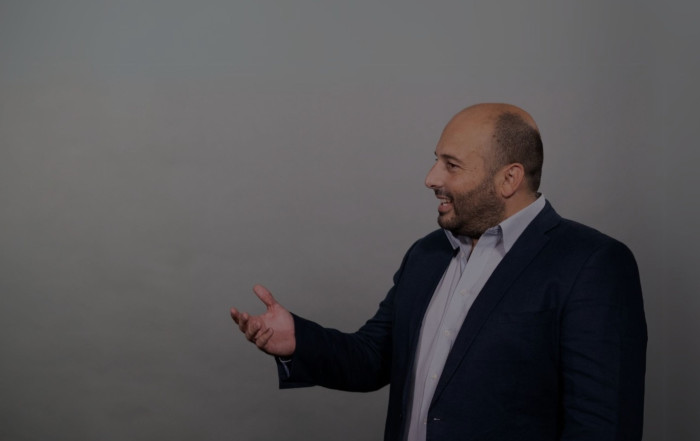Self-inflicted Delay in the Tale of the Poisoned Arrow
In the Buddhist tale “The Poisoned Arrow,” a man suffers a wound from a poisoned arrow during a battle. Writhing in pain and nearing death, he arrives at a healer, who begins preparing to remove the arrow and treat the injury. However, before the healer can proceed, the man interrupts with a barrage of questions.
The Questions That Obstruct Healing
Urgency Versus the Need to Know
The healer urges him to allow treatment and focus on surviving first. Firmly, the man refuses, insisting he needs answers before removing the arrow. Patiently, the healer explains that without immediate action, he will die. Gently, he warns that curiosity won’t save him from the spreading poison. Instead, it will delay healing and cost him his only chance to live.
Self-inflicted Distraction and the Buddha’s Timeless Teaching
Through this tale, the Buddha teaches his disciples about human behaviour and the patterns of unnecessary suffering. He highlights how people, when faced with pain, uncertainty, or challenges, often become entangled in questions and mental distractions instead of addressing the situation directly. The Buddha emphasises the wisdom of focusing on immediate, practical actions over being consumed by endless, often unanswerable, questions that offer no relief or resolution.
Self-inflicted Confusion and the Power of Present Awareness
He concludes by advising his disciples to avoid fixating on the “whys” of life’s difficulties and resist the urge to overanalyse pain. Instead, he encourages them to focus on alleviating present suffering, taking wise action, and accepting that some mysteries may remain unresolved despite deep inquiry. This story reminds us to prioritise the present moment and address what truly matters, rather than becoming trapped in speculation, distraction, or the illusion of control.
Lessons:
1) Focus on the Present and Immediate Solutions
This tale underscores the importance of tackling problems head-on rather than fixating on questions or explanations that may never arrive. The wounded man’s obsession with understanding who shot him and why cost him valuable time needed for treatment. Similarly, in our lives, dwelling on uncontrollable or unknowable factors can intensify suffering. Instead, we should direct our energy toward practical actions that bring relief and resolution.
The man’s fixation on unanswerable questions illustrates how overthinking can paralyze us, leading to missed opportunities for healing and growth. In modern life, it’s easy to spiral into endless thought loops about past mistakes or future uncertainties. This story urges us to break free from unproductive mental patterns and focus on meaningful action that addresses what lies within our control.
The Buddha’s response encourages us to embrace uncertainty as a natural part of life. Not all questions have answers, and not all mysteries can be solved. Accepting the unknown helps us overcome frustration and focus on the present. This mindset fosters inner peace and a balanced approach to challenges.
4) Prioritize What Really Matters
The wounded man’s choice to value answers over survival reminds us to reevaluate our priorities. The story encourages us to focus on health, growth, and positive actions instead of chasing fleeting questions or intellectual curiosity. By identifying what truly matters, we cultivate resilience and purpose.
The tale emphasizes the importance of mindful, purposeful action over endless “what if” scenarios. The Buddha advises addressing suffering directly and avoiding procrastination through overthinking. By acting with intention and clarity, we can break free from cycles of suffering and make meaningful progress.
“The Poisoned Arrow” offers a timeless lesson in the value of practical action and present-moment awareness. By focusing on alleviating immediate suffering, accepting uncertainty, and avoiding overthinking, we can lead more peaceful and purposeful lives. This tale empowers us to address life’s challenges with wisdom and compassion, reminding us to live fully and intentionally in each moment.
Share this Blog
Recent Thoughts
Rumours, Noise and Real Growth: Learning to Keep My Eyes on the Road
“Matthew is a closeted gay.”“Matthew jumps from woman to woman.”“He’s money-minded.”“I’ve heard he sees women for free if they ‘offer favours’.”“I’ve heard he’s
Ikigai vs. Workaholism: Why I’ve Given Up Perfectionism and Workaholic Tendencies
1) Facing Challenges Head-On Throughout my career, I've always faced problems head-on. Confronting challenges directly is part of who I am. However, there




